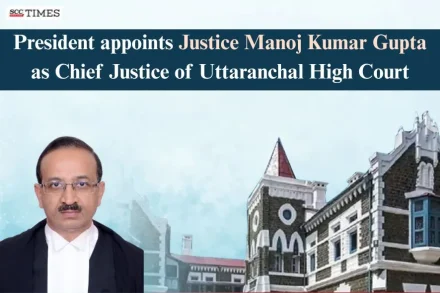
President appoints Justice Manoj Kumar Gupta as Chief Justice of Uttaranchal High Court
On 18-12-2025, the Supreme Court Collegium led by CJI Surya Kant, recommended the elevation of Justice Gupta as Chief Justice of Uttaranchal High Court.

On 18-12-2025, the Supreme Court Collegium led by CJI Surya Kant, recommended the elevation of Justice Gupta as Chief Justice of Uttaranchal High Court.
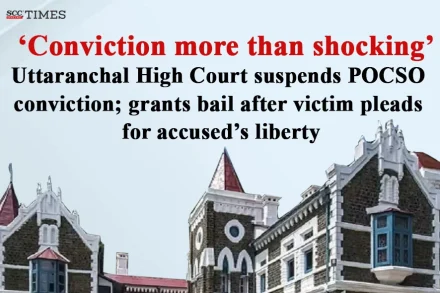
“This is not a case of insufficient evidence, but a case of no evidence at all.”
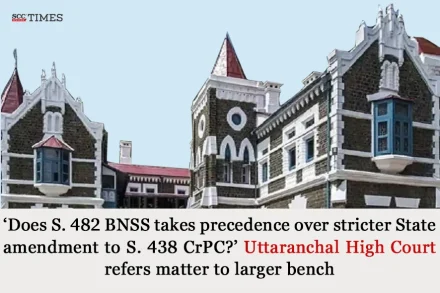
“When the Parliament enacts more liberal provisions, the benefit thereof should be available to all persons who may be affected, regardless of when their cases originated.”

“Unless the attention of the court is drawn to the specific consequences that would follow on account of the conviction, the person convicted cannot obtain an order of stay of conviction.”
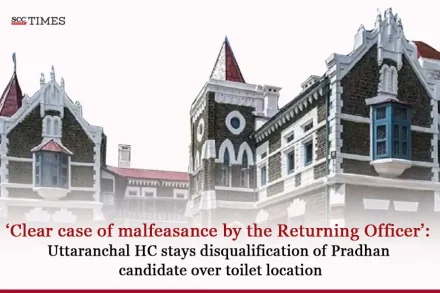
“Right to contest the elections is a statutorily guaranteed right, and the same cannot be denied in a completely arbitrary manner and which prima facie appears to be illegal.”
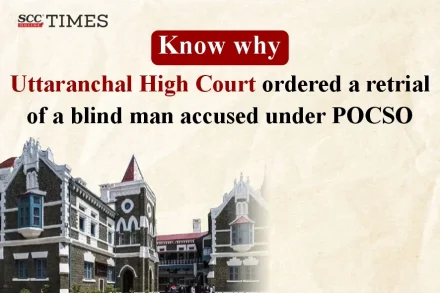
“The failure to provide documents to the accused in a language in which the accused could not read, would definitely scuttle the chances for the accused to instruct and assist his counsel in canvassing the defence on his behalf.”
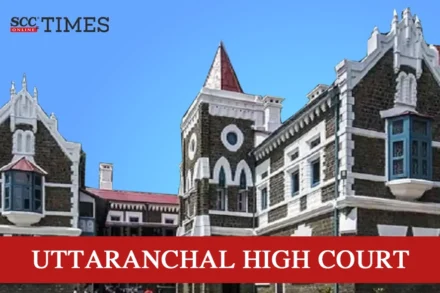
“As there is no specific allegation that how the advertisement was false and misleading so as to constitute the offence punishable under Sections 3, 4 & 7 of 1954 Act then there was no occasion for the trial court to take the cognizance and summon the petitioners to face trial.”
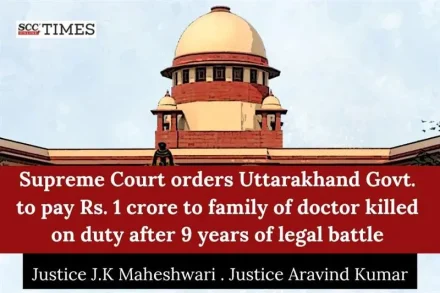
“Prima facie, even after the proposal to pay Rs. 50 lakhs to the family of the deceased were approved by the Chief Secretary, this decision has not been honored, and the family has been engaged in litigation for over nine years.”

“School management was not justified in demanding fees for services which are provided only when the school runs in physical mode.”
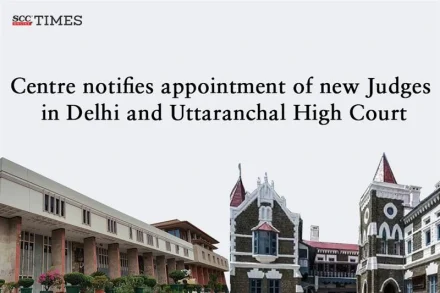
The new Judges were appointed by the President in exercise of power conferred by Article 217(1) of the Constitution.
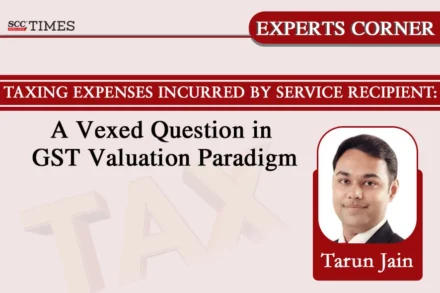
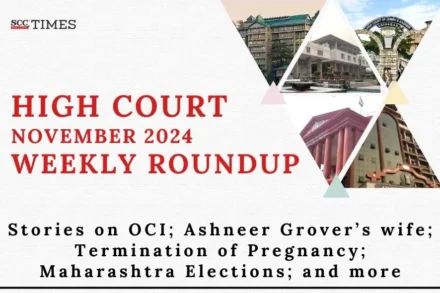
A quick legal roundup to cover important stories from all High Courts this week.

If there is any misuse of power/misappropriation of funds/non-extension of requisite care and protection or support regarding the treatment of the person lying in comatose state, it is open to bring up the matter before this Court to revoke the power.
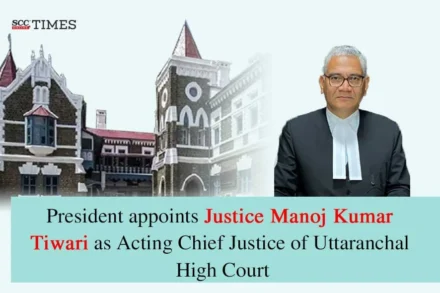
Justice Tiwari will perform the duties of the office of the Chief Justice with effect from 11-10-2024 consequent upon the retirement of Justice Ritu Bahri, Chief Justice, on 10-10-2024.
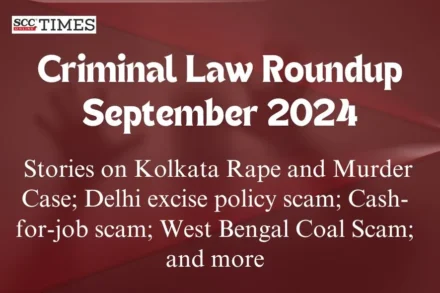
In September 2024, the Supreme Court and various High Courts engaged in significant discussions on criminal law, focusing on critical issues such as Kolkata Rape and Murder Case; Delhi excise liquor policy scam; Cash-for-job scam. Key rulings emphasized the balance between individual rights and public interest. Overall, these discussions reflect a dynamic legal landscape committed to upholding justice amid evolving challenges.
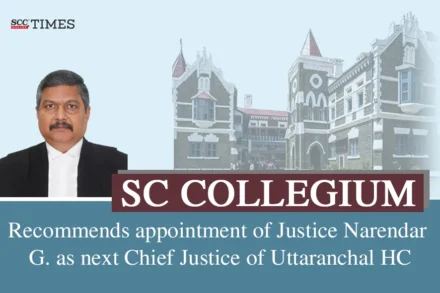
Justice Ritu Bahri, who is currently the Chief Justice of Uttaranchal High Court, retires on 10-10-2024.

Regarding the 20 complainants, who paid Rs 5500 towards fee, the Court stated that the Bar Council of Uttarakhand will have to take steps to return the remaining amount after deducting Rs 1750 from Rs 5500.
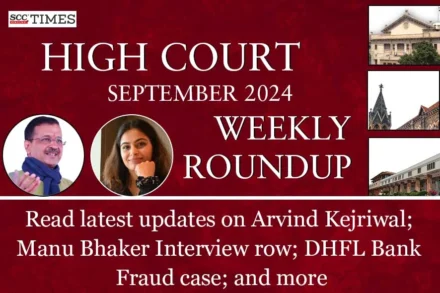
Take a quick glance at what the High Courts were discussing in this late Monsoon season
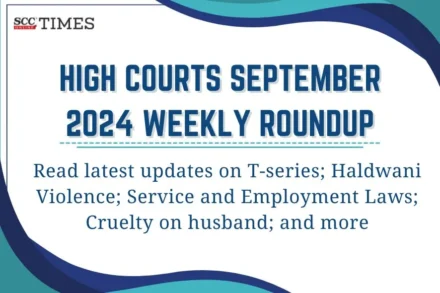
Take a quick glance at what the High Courts were discussing in this late Monsoon season.

Under Section 21 of NIA Act, appeals are filed against Special Court’s order and thus in view of the powers that are conferred on the Court of Session for exercising the jurisdiction of the Special Court, orders passed by the Court of Session under Section 22(3) shall also be appealable under Section 21.